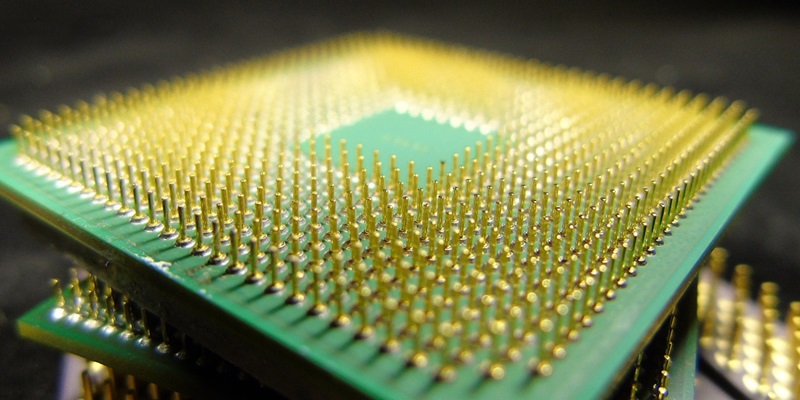In the cutthroat 2023 CPU market, Intel remains a dominant force, controlling a staggering 78% of the global share. Notwithstanding past stumbling blocks, including financial fluctuations, Intel has stood strong. It distributed an impressive 50 million CPUs, as reported by Canalys for the year. With this modest 3% growth, Intel has proven its robust position in the market, overshadowing its competition. The tech titan’s ability to maintain a commanding lead in the industry underscores its continued prominence and resilience in the face of fierce rivalry. Despite the competitive pressures, Intel’s performance not only denotes its market strength but also suggests that the company effectively navigates through the industry’s challenges and remains a leading player in the global CPU landscape.
Market Share Analysis
When breaking down the figures, it’s apparent that Intel’s success owes much to its partnerships with leading PC manufacturers. Lenovo, HP, and Dell have been particularly instrumental, ordering more than half of Intel’s shipments. Lenovo alone accounts for a staggering 50% of these, solidifying its position as a primary patron. This overwhelming demand from the big players in the PC industry underscores just how reliant the market is on Intel’s technology. In comparison, AMD, Intel’s closest competitor, shipped 8 million units, carving out a 13% slice of the market pie. However, behind this number lies a more diverse distribution network, with Lenovo, HP, and Asus controlling a lion’s share of their sales.
Intel’s Strategy and Challenges
Intel’s road has seen obstacles, particularly evident with a modest growth of just 3% in year-over-year shipments. Such numbers don’t just indicate stunted market growth but also showcase the mounting contest from rivals like AMD and Apple. AMD continues to innovate aggressively, while Apple’s entrance with their M-series chips has introduced a new market dynamic, even as it cost Intel a 4% market share drop after selling 6 million units in 2023. This shift signifies a change in both consumer taste and OEM designs.
Still, Intel’s market dominion persists, bolstered by its extensive infrastructure, strong OEM partnerships, and solid brand presence. This scale and legacy present a formidable challenge for others in the industry. Intel is deftly balancing playing to its strengths and tackling rising challenges, ensuring it remains a central force in the CPU market. Despite tougher competition, Intel’s strategic approach has it holding its ground as the market landscape continues to evolve.

